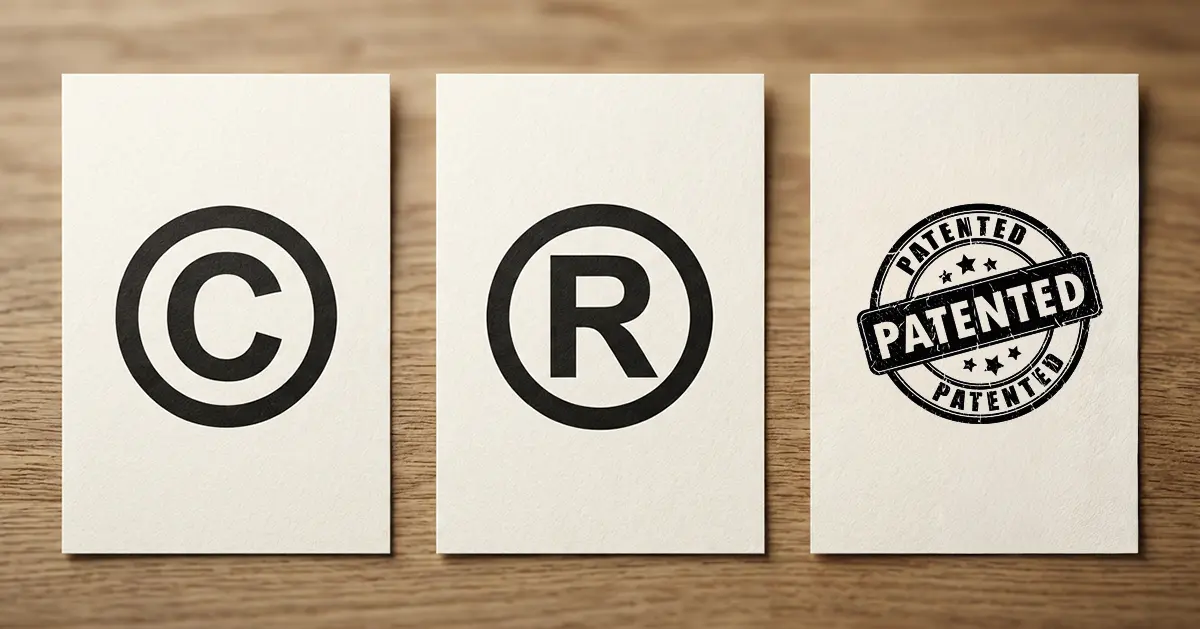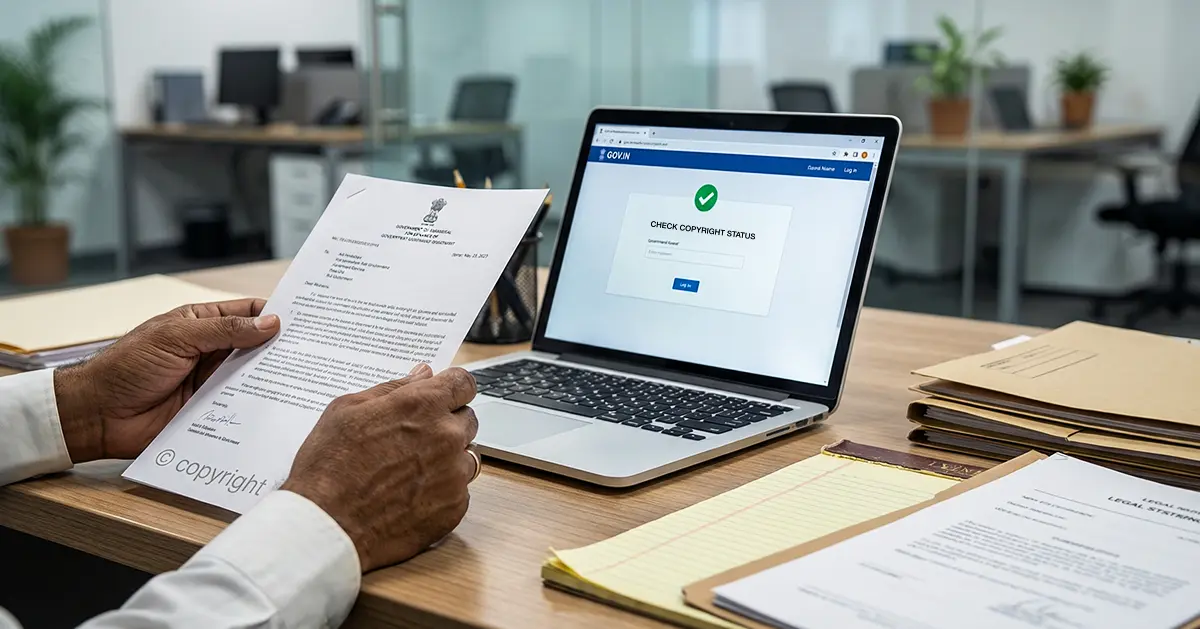
Copyright Ownership and Authorship: A Creator’s First Step
Did you know: Copyright protection is automatic in India! As soon as you create an original work, copyright law automatically shields it, whether you register it or not. Pretty cool, right? Whether you’re a movie director looking to avoid copies of your film or a software programmer with confidential code, knowledge of copyright ownership and authorship is your key to legal protection for your creative work.
In India, Copyright Ownership and Authorship are not mere legal terminology; they are the protectors of creativity! Copyright ownership identifies who the owner of a creative work is and who can title themselves the “author” of that work of art.
What Is Copyright Ownership in India?
Copyright Ownership implies the legal rights conferred upon the creator or the holder of the copyright of the work. Under Indian law, the Copyright Ownership of a work tends to vest in the creator unless they decide otherwise. The ownership bestows sole rights upon the owner to use, distribute, reproduce, and adapt the work.
Transfer of Copyright Ownership
You can assign or transfer copyright ownership to a third party, like a publisher, production house, or company, using contracts or licensing arrangements. It is most prevalent in commercial industries like publishing, cinema, and music, where authors may pass on their rights of ownership to third parties instead of money.
In joint creations such as books, music, movies, and computer programs, several authors have joint ownership of the copyrights, with each having certain rights over their part. To prevent future conflicts, clearly define this joint ownership in a contract.
What Is Authorship?
Authorship refers to the individual or group of individuals who create a work. Under Indian copyright law, when you create a work, you automatically become the author and gain certain rights over your creation.
Joint Authorship
In some cases, multiple individuals may contribute to the creation of a work, leading to joint authorship. In these cases, each contributor becomes an author and holds equal IP rights over the work unless an agreement specifies otherwise. It may confuse parties if they do not establish proper agreements upfront, especially regarding the division of Copyright Ownership.
To maximize the benefits of these protections, it’s essential to understand the Copyright Registration process and how to properly secure legal protection for your creative work.
Copyright Ownership and Authorship: Distinction
This distinction helps clarify the roles of the author as the creator and the owner as the entity controlling the economic use of the work.

How Indian Copyright Law Protects Copyright Ownership and Authorship?
The Copyright Act, 1957, governs copyright law in India and offers robust legal protection for both Copyright Ownership and Authorship.
- Exclusive Rights: Creators are granted exclusive rights over their works, allowing control over their use, reproduction, and distribution.
- Duration of Protection: Copyright protection lasts for the lifetime of the author plus 60 years.
- Legal Safeguards: The Copyright Act, 1957, protects creators’ IP rights against unauthorized use or reproduction of their works.
- Remedies for Infringement: In case of copyright infringement, creators can seek Injunctions, Damages, or an Account of profits.
Get in touch with RegisterKaro’s experts for professional advice regarding any copyright infringement issues for your intellectual property.
Importance of Copyright Ownership and Authorship for Creators
As a creator, you must understand Copyright Ownership and Authorship to protect your works legally and ensure you receive fair compensation for your efforts.
Authorship:
- Recognition: Authorship recognizes you as the creator and credits your intellectual contribution.
- Moral Rights: As the author, you protect the integrity of your work and ensure you receive proper credit.
- Promoting Creativity: Protecting authorship rights encourages you to continue producing new and original works.
Copyright Ownership:
- Legal Protection: Copyright ownership provides legal protection to the creator’s work, preventing unauthorized use, reproduction, or distribution.
- Economic Benefits: Owners can license or sell their works, generating income through royalties or licensing fees.
- Control Over Modifications: The copyright owner can control how their work is modified, ensuring it is not altered or misused.
- Marketability: Having ownership of copyright makes the work more attractive to buyers, publishers, or collaborators.
- Enforcement and Legal Action: Copyright owners can take legal action against unauthorized use, leading to potential financial compensation and enforcement of their IP rights.
- Inheritance Rights: Copyright ownership can be passed on to heirs, continuing to generate income for future generations.
Conclusion
Ultimately, as the digital landscape evolves, the complexities surrounding Copyright Ownership and Authorship also increase. Therefore, creators must remain informed about Indian copyright law and proactively seek professional legal advice to safeguard their intellectual property rights. By understanding these concepts, creators can navigate the world of intellectual property with confidence and ensure they receive the recognition and compensation they deserve.
Ready to protect your creations? Reach out to RegisterKaro today and secure your intellectual property rights with ease!
Frequently Asked Questions
No, copyright ownership and authorship are distinct. An author is the creator of the work, but ownership can be transferred, for example, by contract or employment agreements.




